The jury of the 2013 Jan Michalski Prize for Literature has awarded the Iranian writer Mahmoud Dowlatabadi for his novel The Colonel.
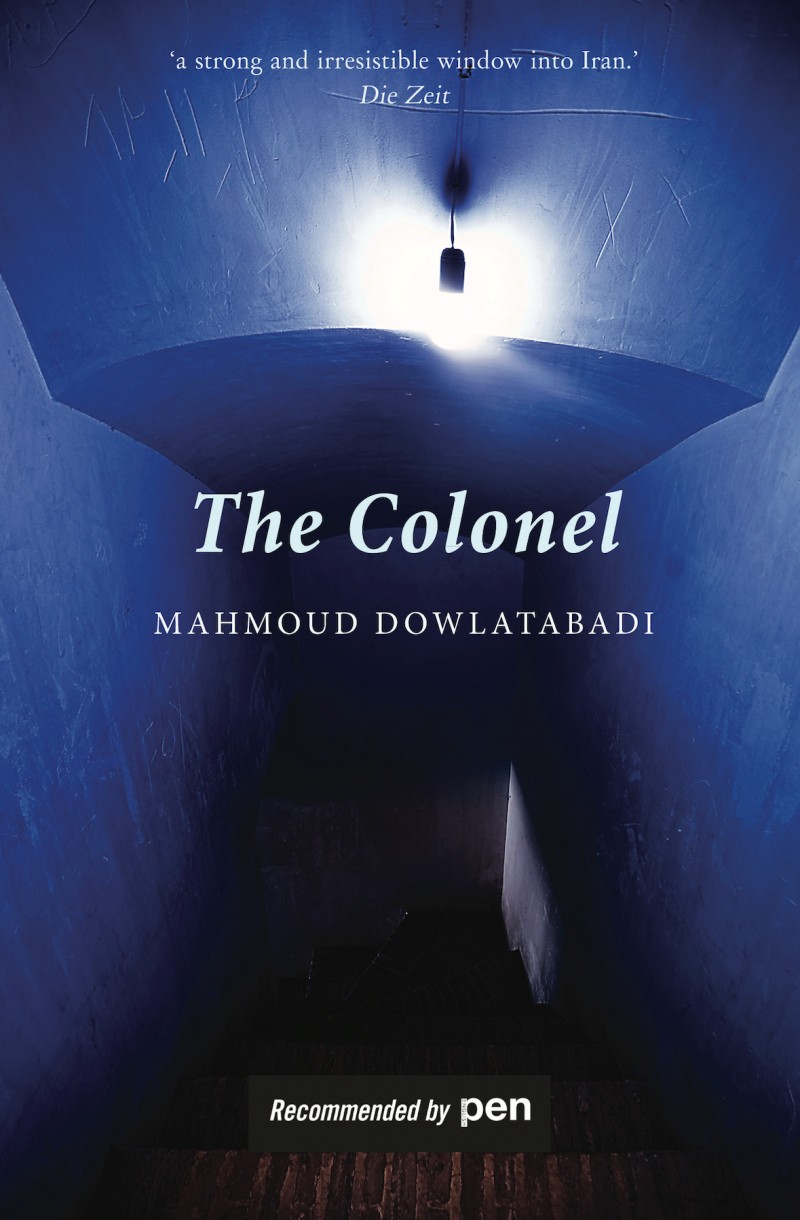
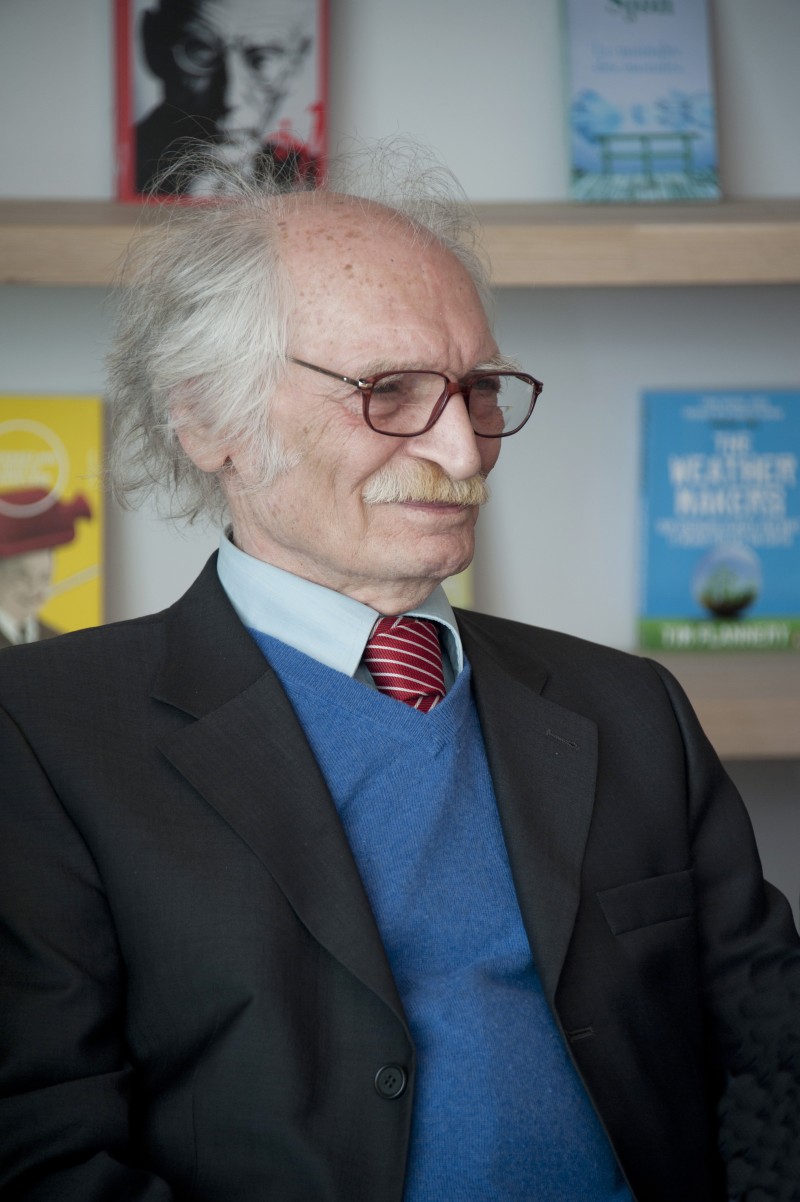
The 2013 Jan Michalski Prize for Literature is awarded to Iranian writer Mahmoud Dowlatabadi for his poignant novel The Colonel (Melville House Books, 2012). This story tells us all the horror experienced by an old military man tormented by the loss of three of his five children, sacrificed in the name of the Iranian Revolution, and the murder of his wife whom he himself punished for adultery.
Laureate
From this decimated family, only his son Amir remains, haunted by the atrocities of the regime of which he was in turn a witness and a victim, and his daughter Parveneh, married to a cruel man, one of the armed forces of the repression. In a dialogue with his son, the colonel recalls the tragic events in Iran since the Second World War and describes the dark and desperate atmosphere of many Iranians oppressed by ideological excesses.
The winner of the Jan Michalski Prize 2013, Mahmoud Dowlatabadi receives an award of CHF 50,000.00 and a work by the artist Philippe Cognée that has been chosen for him: Petit paysage, 2013.
Biography
Mahmoud Dowlatabadi is one of the Middle East’s most important writers of the last century. The author of numerous novels, plays and screenplays, he is a leading proponent of social and artistic freedom in contemporary Iran. Dowlatabadi pioneered the use of the everyday language of the Iranian people as suitable for high literary art, and often examines the lives of the marginal and oppressed in his work, such as in his previous Melville House title, Missing Soluch, his first work translated into English.
Selections

The Colonel
Proposed by Ilija Trojanow
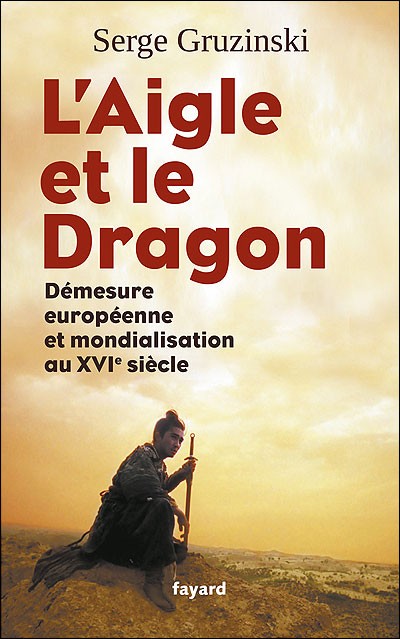
L’Aigle et le Dragon : Démesure européenne et mondialisation au XVIe siècle
Proposed by Georges Nivat
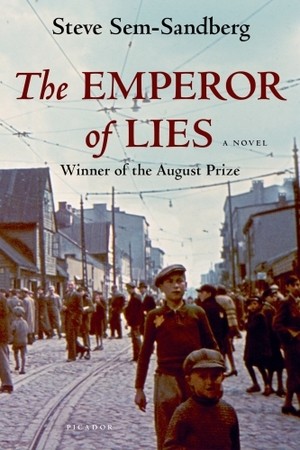
The Emperor of Lies
Proposed by Ilija Trojanow

The Colonel
Proposed by Ilija Trojanow

L’Aigle et le Dragon : Démesure européenne et mondialisation au XVIe siècle
Proposed by Georges Nivat

The Emperor of Lies
Proposed by Ilija Trojanow
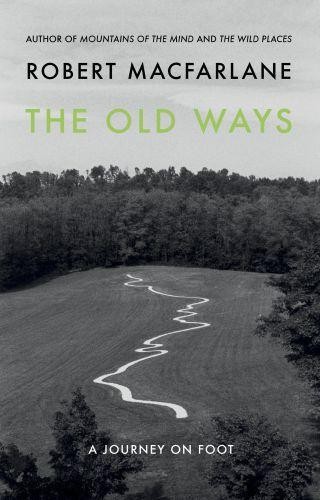
The old Ways: A Journey on Foot
Proposed by Vera Michalski-Hoffmann
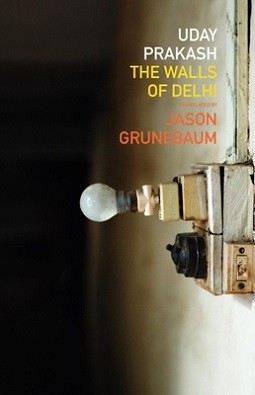
The walls of Delhi
Proposed by Tarun J. Tejpal

The Colonel
Proposed by Ilija Trojanow

L’Aigle et le Dragon : Démesure européenne et mondialisation au XVIe siècle
Proposed by Georges Nivat

The Emperor of Lies
Proposed by Ilija Trojanow

The old Ways: A Journey on Foot
Proposed by Vera Michalski-Hoffmann

The walls of Delhi
Proposed by Tarun J. Tejpal
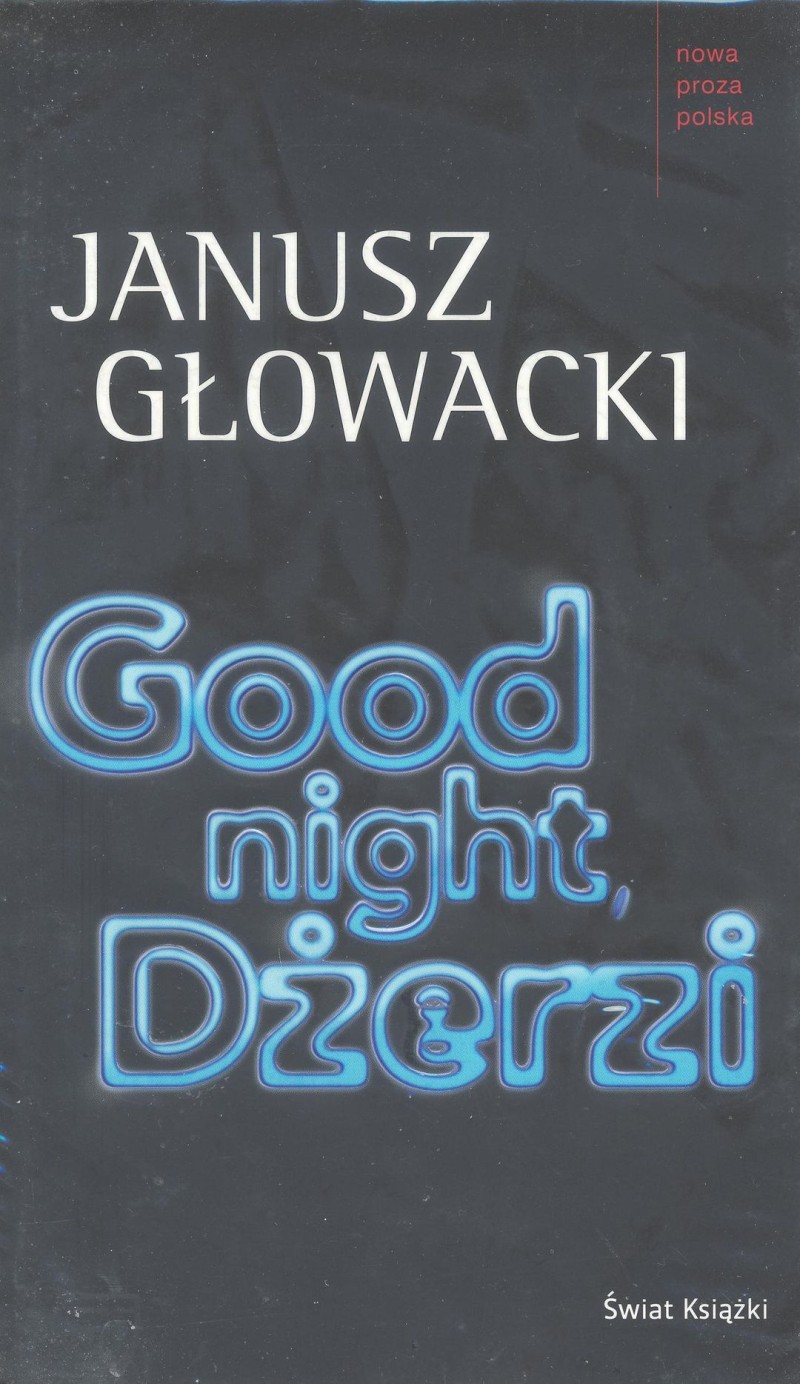
Good night, Dzerzi !
Proposed by Georges Nivat
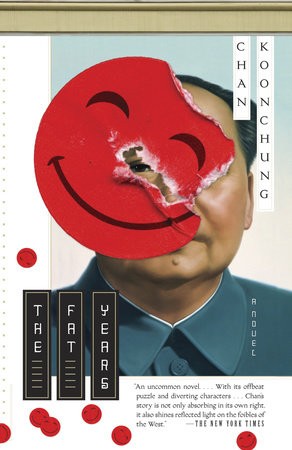
The Fat Years
Proposed by Isabel Hilton
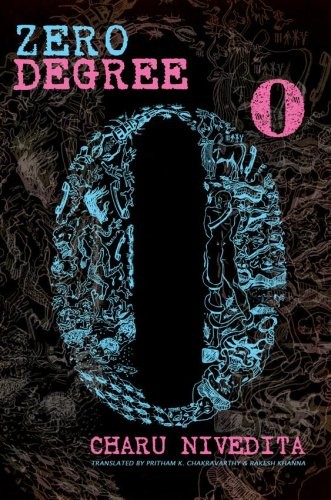
Zero Degree
Proposed by Tarun J. Tejpal
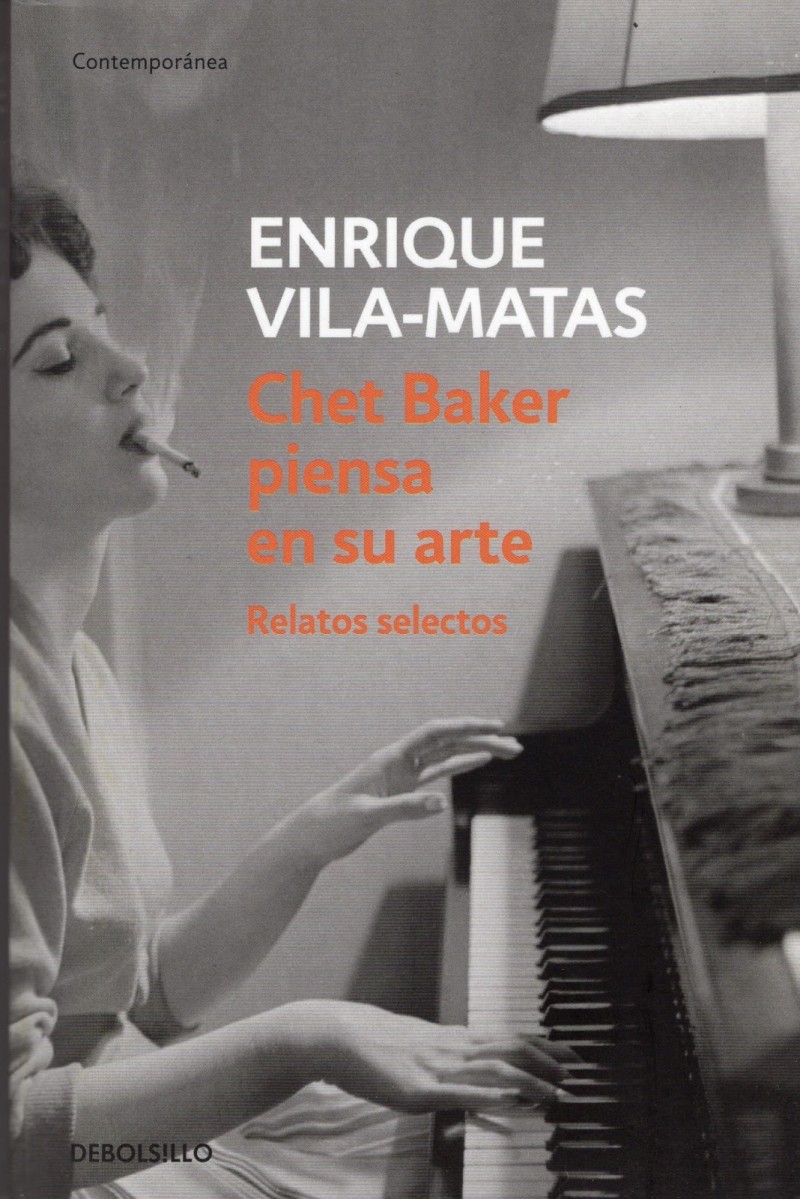
Chet Baker piensa en su arte
Proposed by Marek Bieńczyk
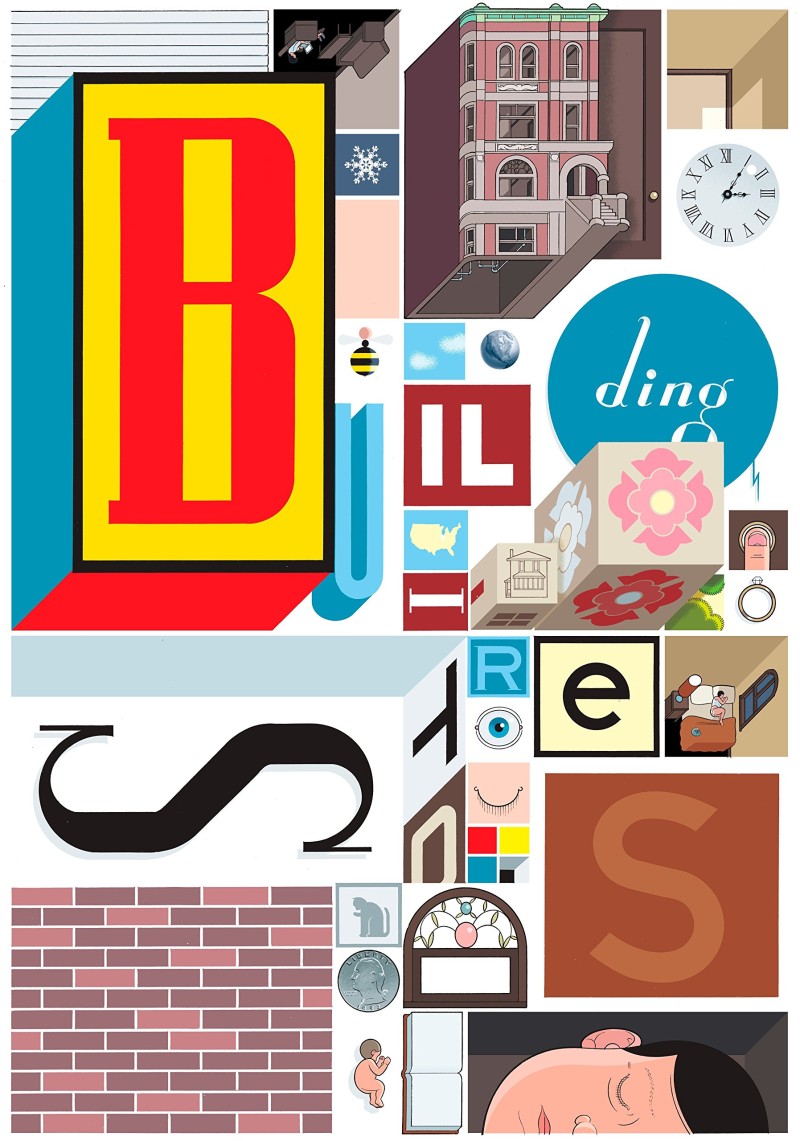
Building Stories
Proposed by Vera Michalski-Hoffmann
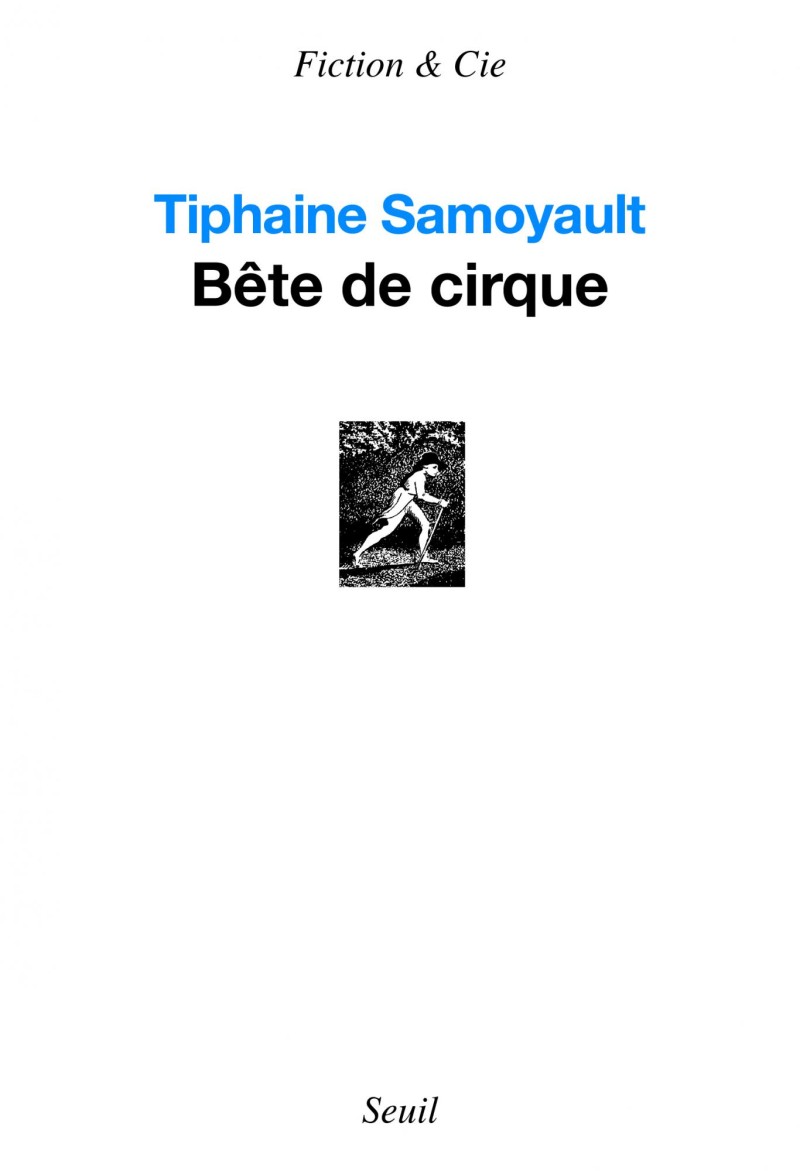
Bête de cirque
Proposed by Yannick Haenel
Jury
Vera Michalski-Hoffmann, President of the jury
A publisher, Vera Michalski-Hoffmann has devoted herself to the promotion of literature through the publishing group she founded with Jan Michalski. Starting in 1986, they published a wide range of authors, in French and Polish translations, through Noir sur Blanc, Buchet-Chastel, Phébus and Wydawnictwo Literackie. In 2004, Vera Michalski created the Fondation Jan Michalski pour l’écriture et la littérature to promote reading and provide support for writers.
Marek Bieńczyk
Marek Bieńczyk (born in 1956 in Milanówek, Poland), novelist, essayist, translator. His works include novels: Terminal, Tworki; a blend of a novel and an essay : Melancholy, Transparency ; and essays, Dürer’s Eyes, Wine Chronicles. He is a contributor to the magazine L’Atelier du roman. His books were translated into French, English, Spanish and German. He received many prizes, including, Paszport Polityki (1999), Władysław Reymont Prize (2000), Grand Prix du Festival Littératures du Monde (Bordeaux 2006), Grand Prix de la Francophonie de l’Académie française (2003), and most recently, the most prestigious Polish literary prize, Nike (2012) for his latest work, The Book of Faces. He is a member of the board of directors of the Polish PEN Club. He works at the Polish Academy of Sciences.
Yannick Haenel
The French writer and essayist, Yannick Haenel, is often inspired by history when writing his novels, in particular the one devoted to the life of a Polish resistance fighter, Jan Karski, which was awarded two prizes in 2009: Le Prix Interallié and le Prix du roman Fnac. He was made a Chevalier des Arts et des Lettres in January 2010.
Isabel Hilton
Born in 1949 in Aberdeen, the United Kingdom, Isabel Hilton is a writer and journalist based in London. Between 1973 and 1975, she studied Sinology at the University of Edinburgh, before going on to further her studies at the University of Languages and Cultures of Beijing and later at Fudan University of Shanghai. She has worked at several newspapers as a columnist, including The Sunday Times in 1977, The Independent in 1986, and The Guardian in 1997. The host of The World Tonight on BBC Radio 4 between 1995 and 1998, she joined BBC Radio 3 in 1999, where she has presented Night Waves. She published her first book, The Search for the Panchen Lama, in 1999. She is also the founder and editor-in-chief of China Dialogue, an independent not-for-profit organization.
Georges Nivat
Born in 1935 in Clermont-Ferrand, France, Georges Nivat is a scholar of Slavic languages specialized in translating the Russian world for French-speakers. Emeritus professor at the University of Geneva, he is also rector of the International Centre Lomonosov. After graduating from the Sorbonne with a licence in Russian and English, he began a career in academia, taking a series of teaching posts at the universities of Toulouse, Lille, and Paris X. Concomitantly he worked with two French publishers, L’Âge d’Homme and Fayard, and later served as president of the Rencontres Internationales de Genève. The author of numerous books and French translations, he has published a trilogy on Russian culture with L’Âge d’Homme: Vers la fin du mythe russe (1982), Russie-Europe, la fin du schisme (1993) and Vivre en russe (2007). He was awarded an honorary degree by the Mohyla Academy in Kyiv.
Tarun J. Tejpal
Born in 1963 in Jalandhar, India, Tarun J. Tejpal is an Indian writer, publisher, and investigative journalist. He studied economics at the University of Chandigarh, then began writing for both local newspapers (India Today and The Indian Express) and international periodicals (The Paris Review, The Guardian, The Financial Times, Prospect), before mounting the online magazine Tehelka in 2000. At the same time, he founded the publishing house India Ink, where Arundhati Roy was published for the first time. He turned to writing fiction as well and in 2006 brought out his first novel, The Alchemy of Desire (Ecco), which has been translated into some twenty languages. It was awarded the Prix Millepages in 2007. He has since published The Story of My Assassins (Melville House) in 2009 and The Valley of Masks (HarperCollins) in 2011.
Ilija Trojanow
Born in 1965 in Sofia, Bulgaria, Ilija Trojanow is a Bulgarian-German writer, essayist, translator, and publisher. In 1971, his family fled Bulgaria for West Germany, where they received political asylum, then settled in Kenya for twelve years. Between 1984 and 1989, he studied law and ethnology at the University of Munich. In 1989, he founded Marino, a publishing house specialized in African literature, and began publishing essays and travel accounts dealing with Africa as well as German translations of African authors. His first novel, Der Weltensammler (2006, published in English as The Collector of Worlds, 2007), was awarded the Leipzig Book Fair Prize the same year of its original publication. His other titles available in English are Custodians of the Sun, Along the Ganges (2005), Mumbai to Mecca (2008), and The Lamentations of Zeno (2016). In 2002, he became a member of PEN Federal Republic of Germany.

